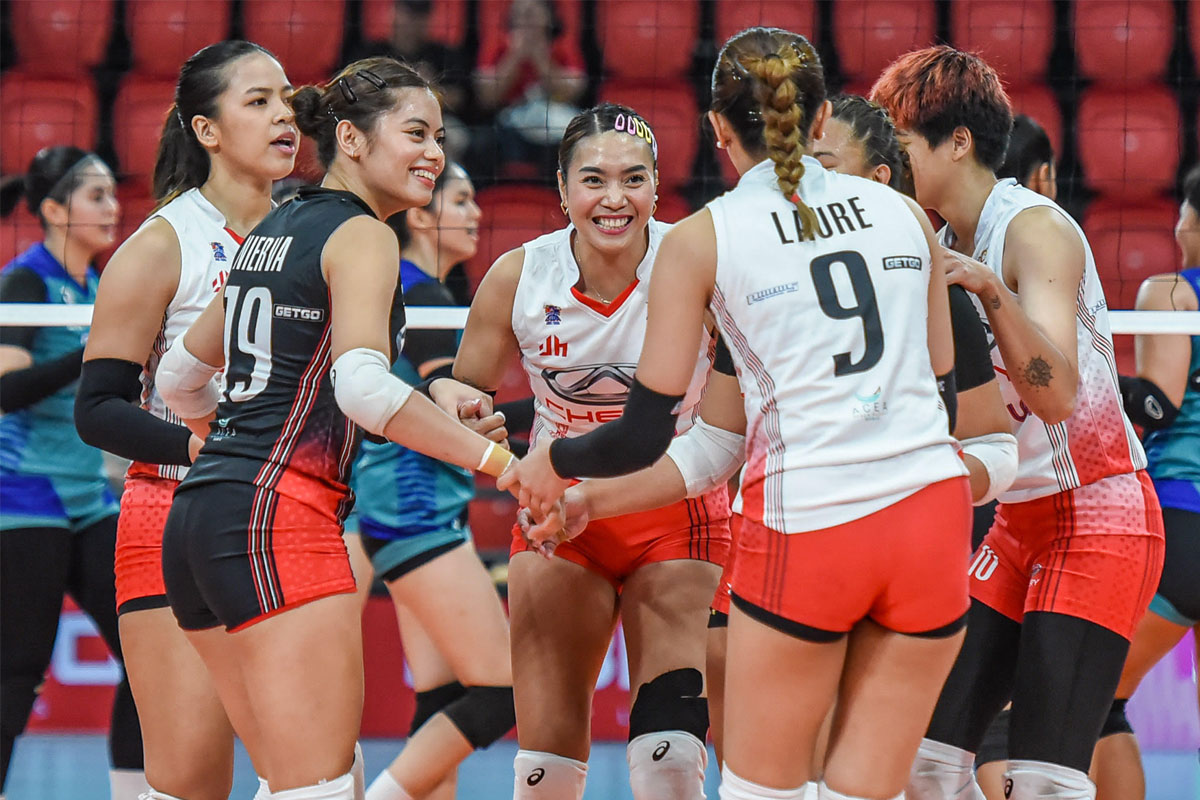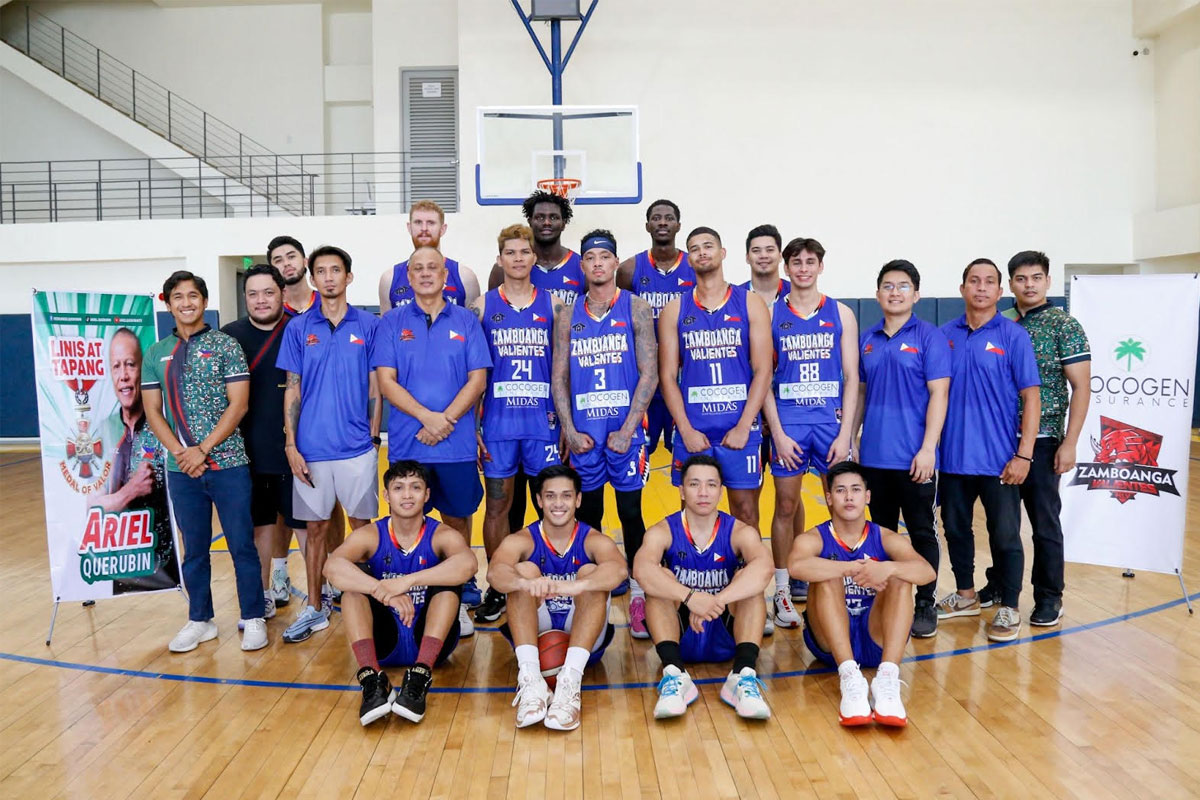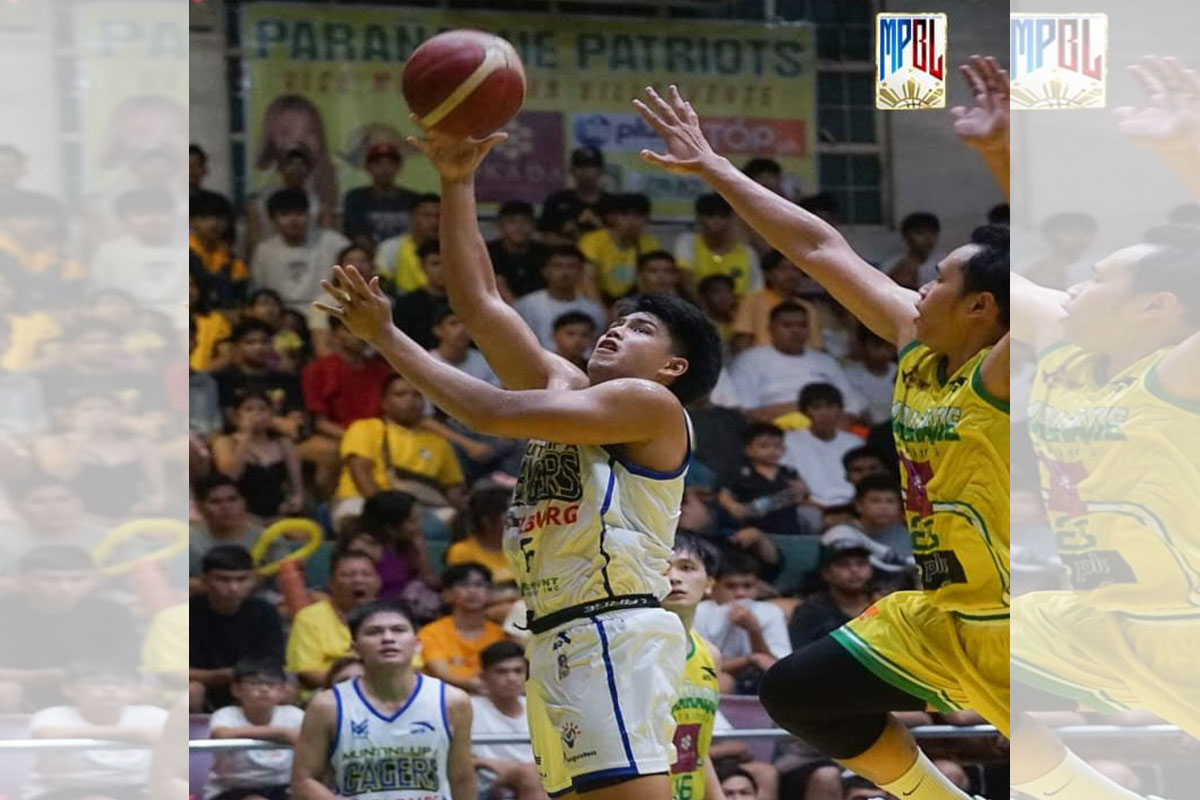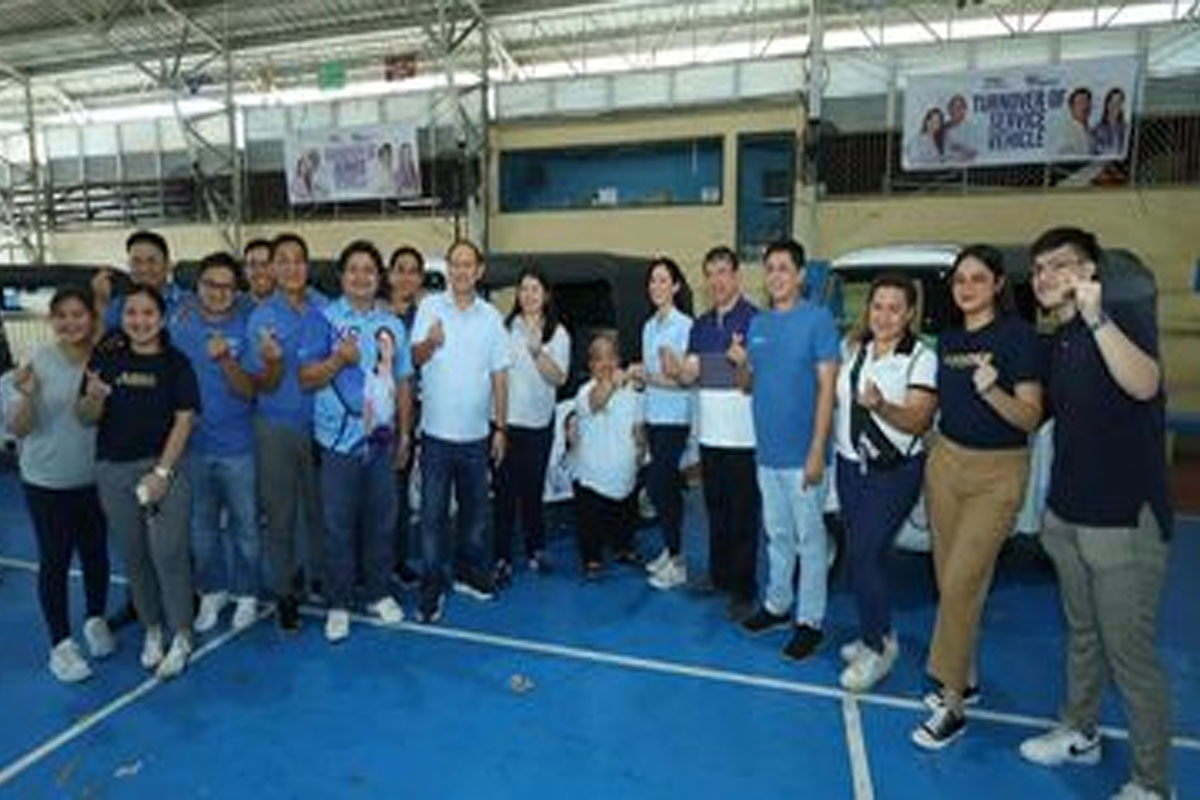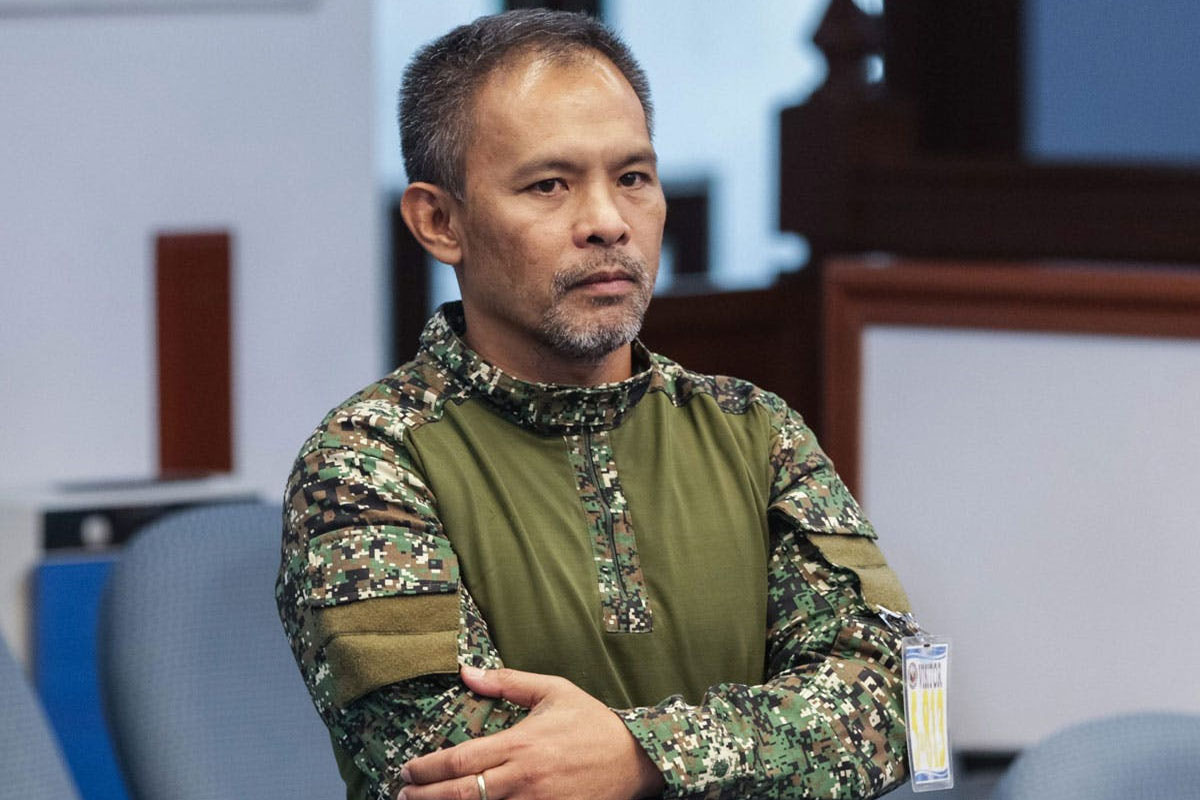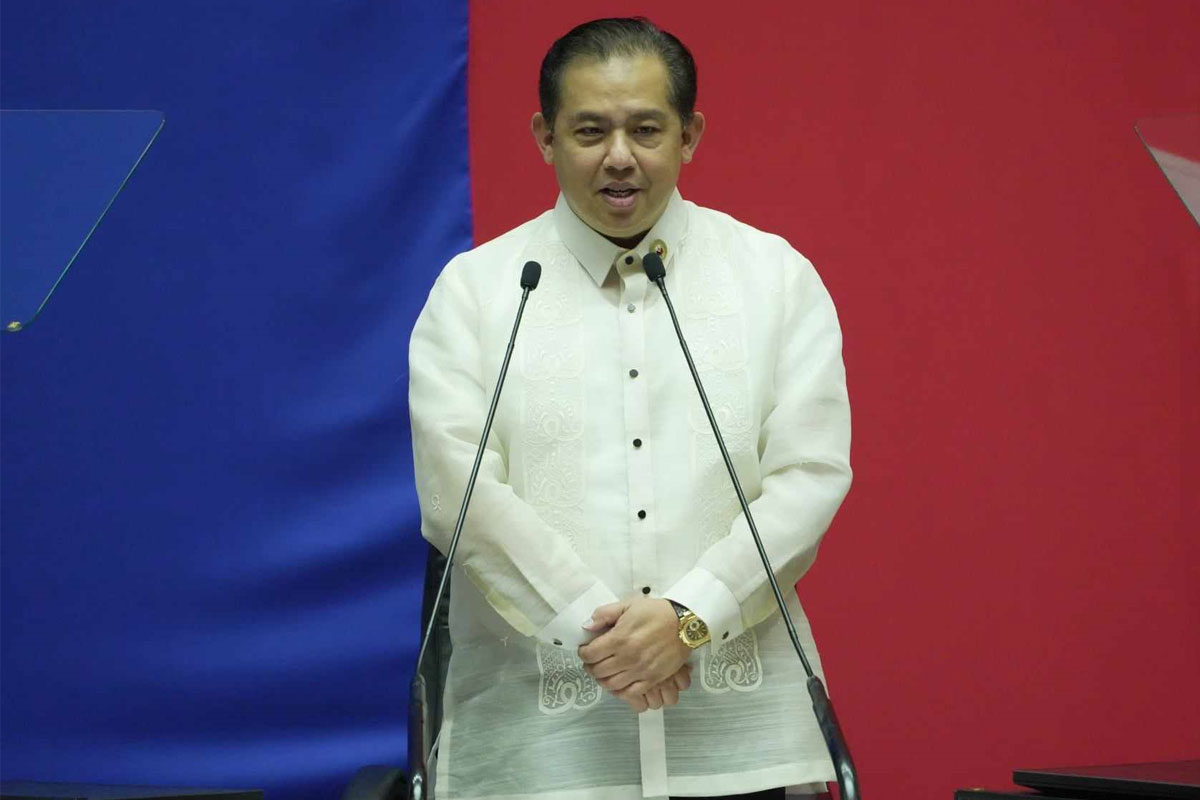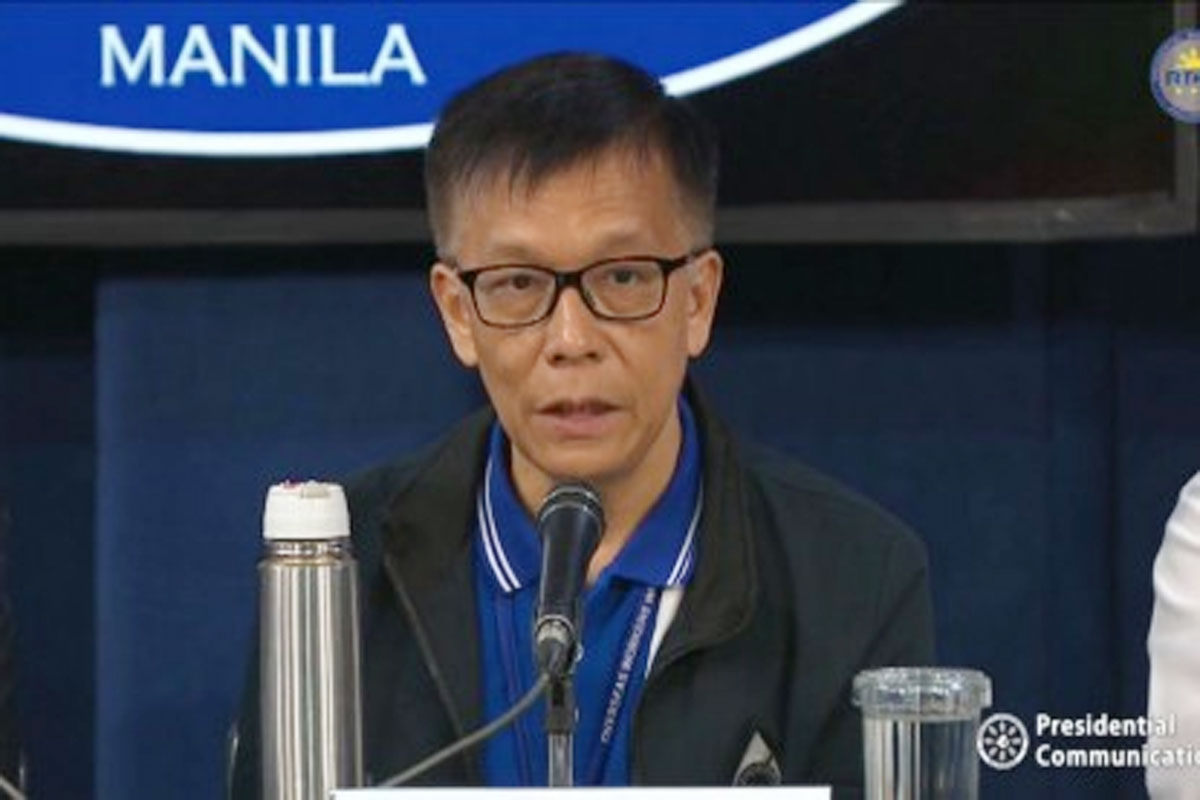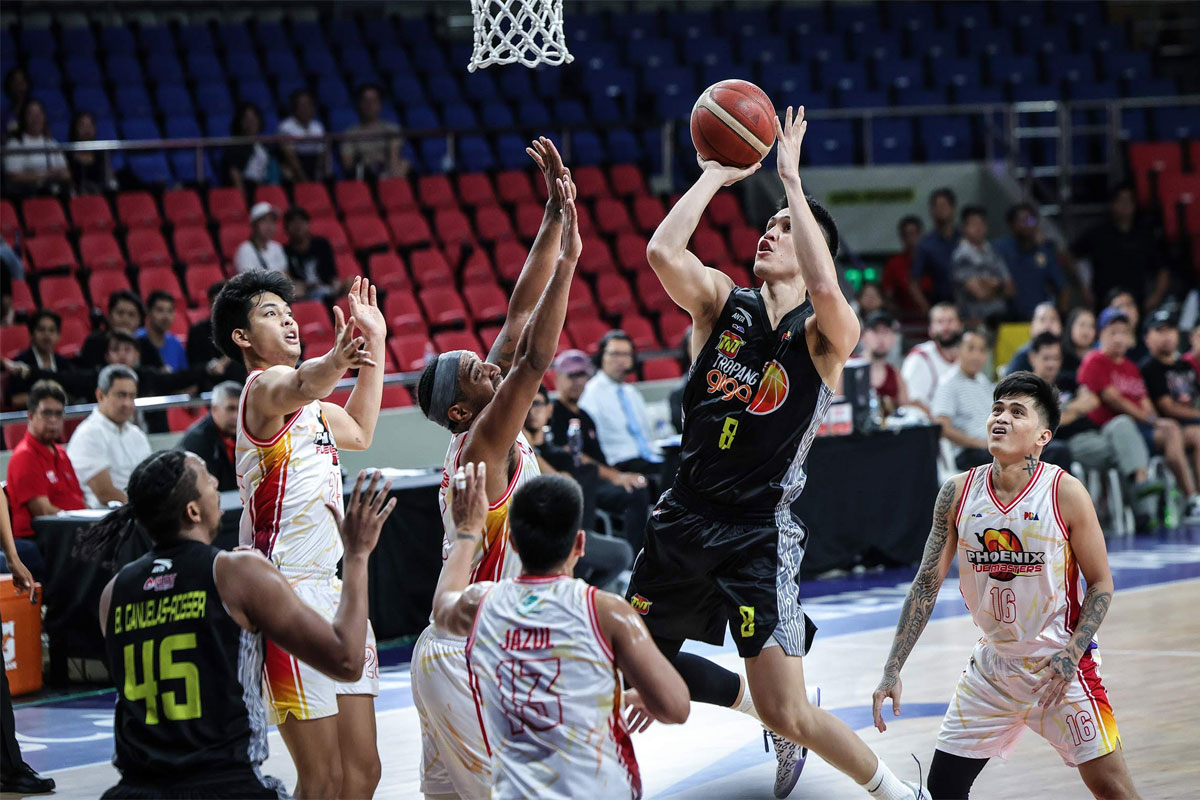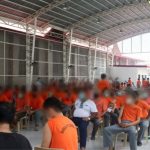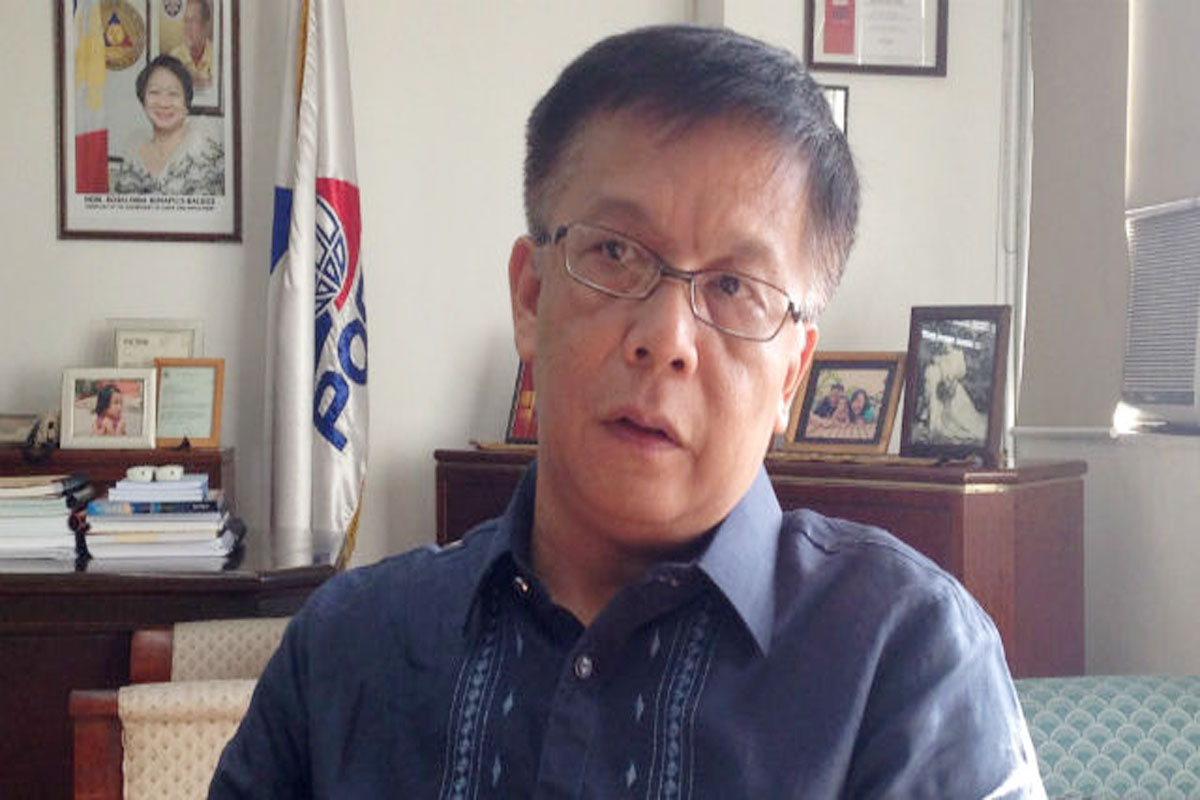
NCAP fines must be ‘reimbursed’ amid SC’s TRO
A LAWMAKER on Wednesday said agencies and local government units (LGUs) that enforced the controversial “no contact apprehension policy” (NCAP) should return the fines paid by supposed violators.
“Now that the Supreme Court has issued a TRO (temporary restraining order) against this policy, the concerned agencies and LGUs should reimburse the alleged violators the fines collected from them,” 1-Pacman Party-list Representative Mikee Romero said.
Quezon City Rep. Marvin Rillo hailed the SC’s issuance of a TRO against NCAP.
“We definitely welcome the TRO. The temporary halt will compel local governments to rethink the way they are recklessly enforcing the NCAP at the expense of motorists,” Rillo, vice-chairperson of the House Committee on Metro Manila Development, said.
“We would urge local governments to use the pause to conduct more extensive public consultations on the NCAP, and to heed the complaints and concerns of motorists,” Rillo said.
Rillo earlier filed House Resolution No. 237, which called for the suspension of the NCAP’s implementation.
In his resolution, Rillo cited the need to safeguard the rights and welfare of motorists against potential abuses in the NCAP’s implementation, including the risk that they may be subjected to “excessive” and unreasonable fines and penalties.
Rillo’s resolution had also urged three committees of the House of Representatives – on local government, Metro Manila development, and on transportation – to investigate the NCAP for the benefit of motorists.
Romero said the agencies and LGUs are the Metro Manila Development Authority (MMDA), Land Transportation Office (LTO), and the cities of Manila, Quezon, San Juan, Valenzuela, Parañaque, and Muntinlupa.
He added that these government offices must have collected “tens of millions” from supposed NCAP offenders.
Romero noted that lawyer Juman Paa, one of the complainants in the two cases against NCAP pending in the Supreme Court, had complained of being sent notices for four violations, for which he was asked to pay more than P20,000 in fines.
He said some Quezon City residents were notified of multiple NCAP violations of the 60-kilometer-per-hour speed limit along Commonwealth Avenue.
“The notices show that the alleged violations were just 1-2 minutes apart. The video footage showing the alleged offenses must have been taken by just one camera. This is proof that this scheme is open to abuse,” he said.
He said the violators, in this case, have no protection against abuse “because they cannot argue with the footage and the camera that took it.”
Romero lamented that the LTO revealed to the MMDA and the five cities that enforced NCAP the names and home addresses of the alleged violators.
“The LTO might have violated the Data Privacy Act by disclosing this personal information, which it is bound under the law to protect. I hope the data does not fall into the hands of criminally-inclined persons who could use it for extortion activities,” he stressed.
He added that the MMDA and the five cities used the information in sending notices for NCAP violations.
Paa, a Manila resident, complained that the personal data of supposed violators are reflected in the Manila City government website, which is accessible to anyone who could simply type in the plate number of the vehicle involved in the alleged violation.
The high court on Tuesday issued a TRO, effective immediately and until further orders from the tribunal, stopping the implementation of the NCAP and all ordinances related thereto, pending consideration of petitions to declare as “unconstitutional” the policy that employs video surveillance and digital cameras to capture and penalize traffic violations.
The tribunal also ordered a stop to any apprehensions of motorists through the NCAP and related ordinances.
The tribunal likewise ordered the Land Transportation Office (LTO) to stop giving out sensitive motorist information to local governments that have been enforcing the NCAP.
Before the high court order, the LTO had been giving out to local governments the names and addresses of the registered owners of motor vehicles and their plate numbers to help cities enforce the NCAP.
Besides the MMDA, the cities of Manila, Muntinlupa, Parañaque, Quezon, and Valenzuela enforce the NCAP. San Juan City also recently signed an agreement to put the policy into effect.


